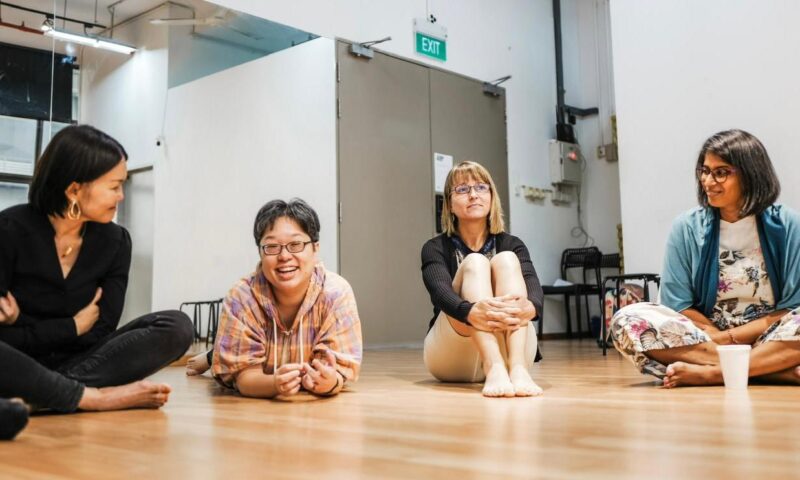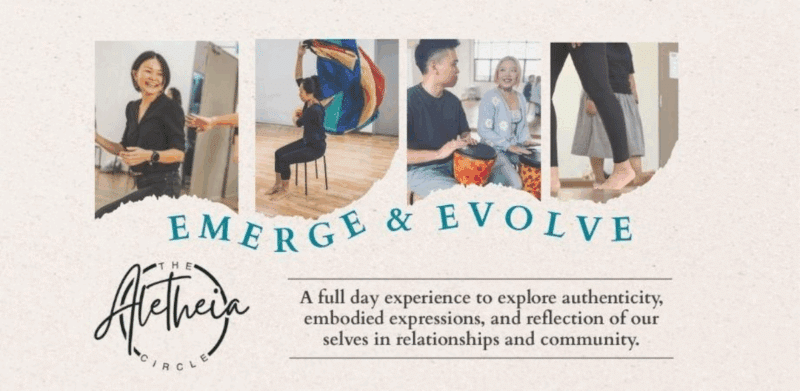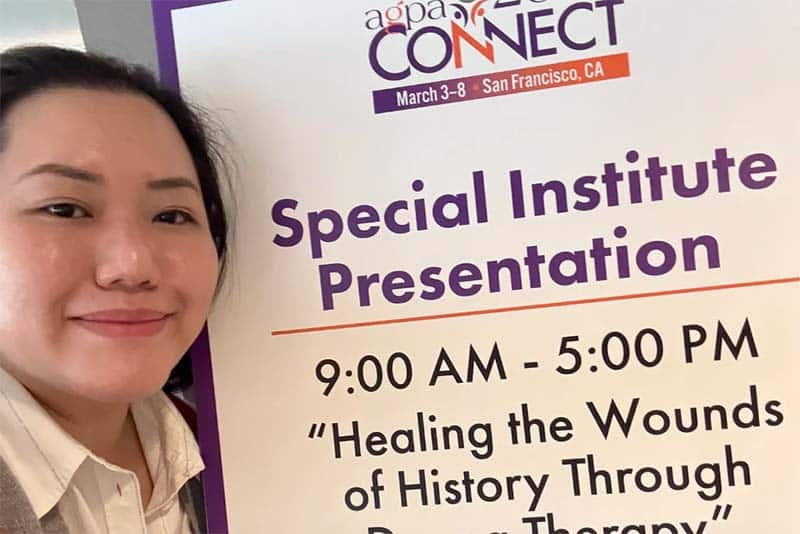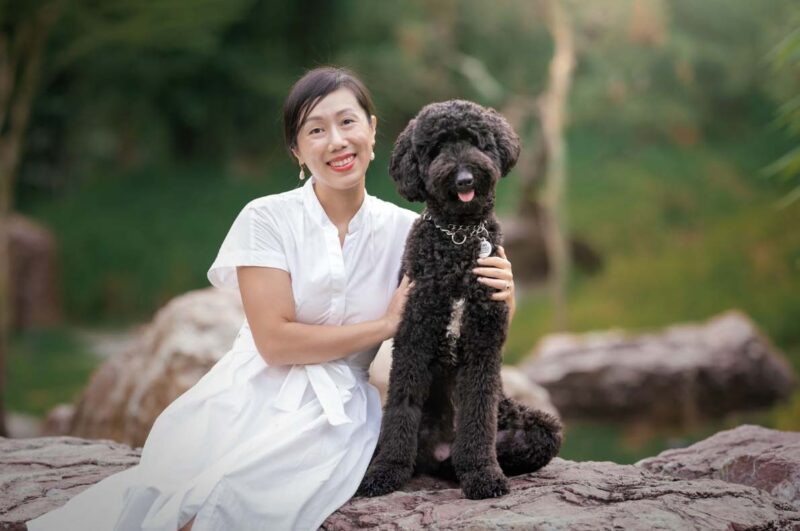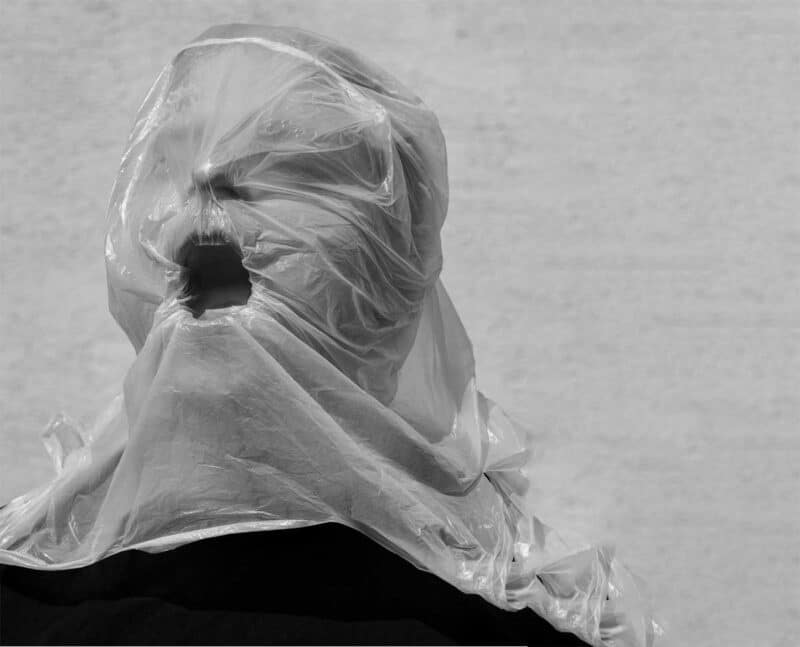As an Asian raised with collectivist values, I struggled to find my voice. Expressing my true thoughts and feelings didn’t always align with keeping harmony.
I often wondered, “Can I really be my authentic self if I do not openly assert my individuality?”
Pop culture frequently equates authenticity with freely articulating your inner world. But my experience was more complex. I often felt muted by familial and cultural forces beyond my control.
Cultural Conditioning and the Sound of Silence
I grew up hearing things like “Don’t talk back” and “Keep problems inside the family.” Essentially, the cultural narrative is: Speaking up disrupts harmony. Understandably, these conditioned me to silence my opinions to avoid conflicts. I internalized that subordinate role, believing my duty was to put others first, not express my true self. These relational patterns continue today, more common than we think.
I remember a client once told me, “preserving harmony is so important in my family that they are even willing to sacrifice honesty with each other. What we end up losing is more than that: warmth at home.”
Understandably, I used to feel inauthentic within these constraints. Authenticity scales would characterize me as inhibited and overly concerned with others’ judgments. By those standards, I lacked “the unobstructed operation of one’s true, or core, self in one’s daily enterprise” (Kernis & Goldman, 2006).
My silence signalled I was denying my real voice.
Or was I?
My research into the lived experience of fellow Asians revealed a more nuanced inner reality. We often feel tension between deference to family and personal autonomy. Yet, we don’t experience this as inauthentic. Honoring relational harmony also feels like an expression of self.
As one participant described, “Speaking up would jeopardize my parents’ trust. I’d rather show care implicitly through actions, not confrontational words.”
Another shared, “I contain certain feelings to avoid rocking the boat. But that doesn’t make me fake. I’m being true to maintaining family ties.”
Harmony in Diversity: Reimagining Authenticity
What western notions of authenticity overlook are the collectivist values informing our choices. Silence can signify respect and conflict avoidance can demonstrate care. We aren’t passive victims, but agents navigating complex loyalties. Our inner world isn’t straightforward self-expression, but managing dialectical demands.
This resonates with existential philosopher Heidegger’s conception of authenticity. He recognized that we are always already embedded in social contexts we did not choose. Authenticity isn’t about following our personal desires, but owning our cultural “thrownness.” We uniquely inhabit our communal identities.
My participants described this dynamic poignantly. As one said, “Belonging comes with responsibilities here. That’s just reality, not inauthenticity. I try to integrate my individuality within existing bonds.” Another noted, “Conforming feels natural to me, not forced. But so does finding my own way.”

Silence Can Be Golden
I realized external judgments can’t pronounce others inauthentic. Only we can determine if we are acting or being in accordance with what is good for us as an individual rather than falling in with others and society. We have to hold the nuances and contradictions of our experience, not reduce ourselves to absolutes.
This insight empowered me. Now when I occasionally defer my self-expression to preserve harmony, I do so consciously. I act from understanding, not blind obedience. My identity encompasses both speaking up and staying quiet when appropriate. I’ve made peace with the dualities I embody.
Of course, discernment is still needed. Sometimes silence stems from learned helplessness, not free choice. Old dynamics may require courageous confrontation. Existential therapy provides tools to build that confidence.
With gentle guidance, I’m learning to respectfully engage in needed conversations. But the key is evaluating my intentions, not blindly asserting my individuality. Speaking my truth is pointless if done rashly.
Authenticity isn’t a fixed destination, but an ongoing journey of aligning values with action. I’ve come to trust my inner compass more than external metrics.
So now I know: my voice doesn’t need to shout to be real.
Authenticity can speak softly too, in its own tongue. I am no less myself in honoring the relational web that shaped me. My identity integrates both individual and collective notes into a harmonious chord.
At last, I feel comfortable in my own skin, silence and all.
About the Author
Hi, I'm Mag: a UKCP-accredited counselling psychologist and founder of Singapore’s first ever existential practice. My care philosophy is not to diagnose, label, or categorise but rather to work with the individual in front of me in the here and now.
My clinical credentials certainly play a significant role in defining my professional identity. But to foster a deeper connection and authenticity, I invite you to discover my other “Selves”, the various facets of who I am.




